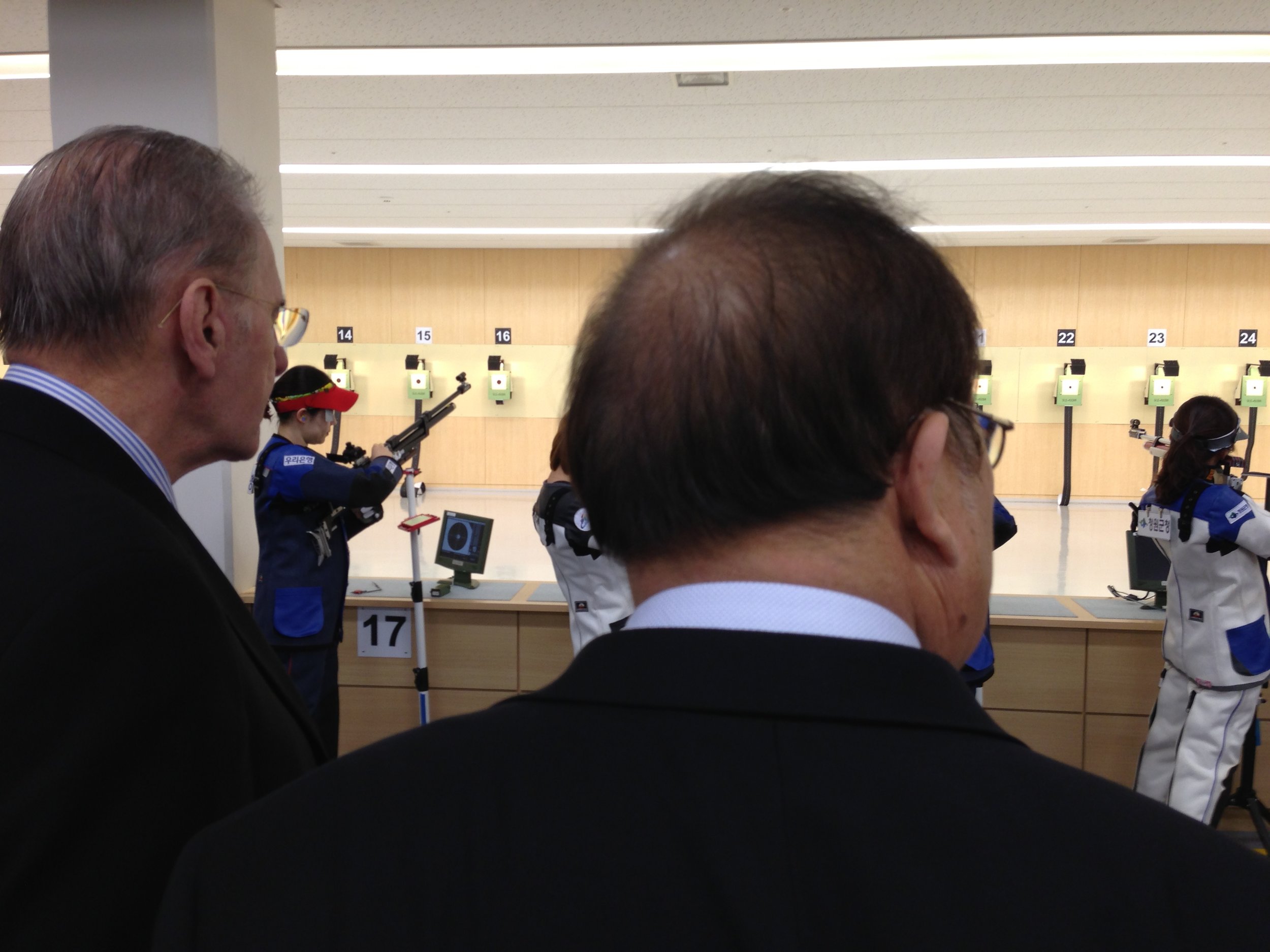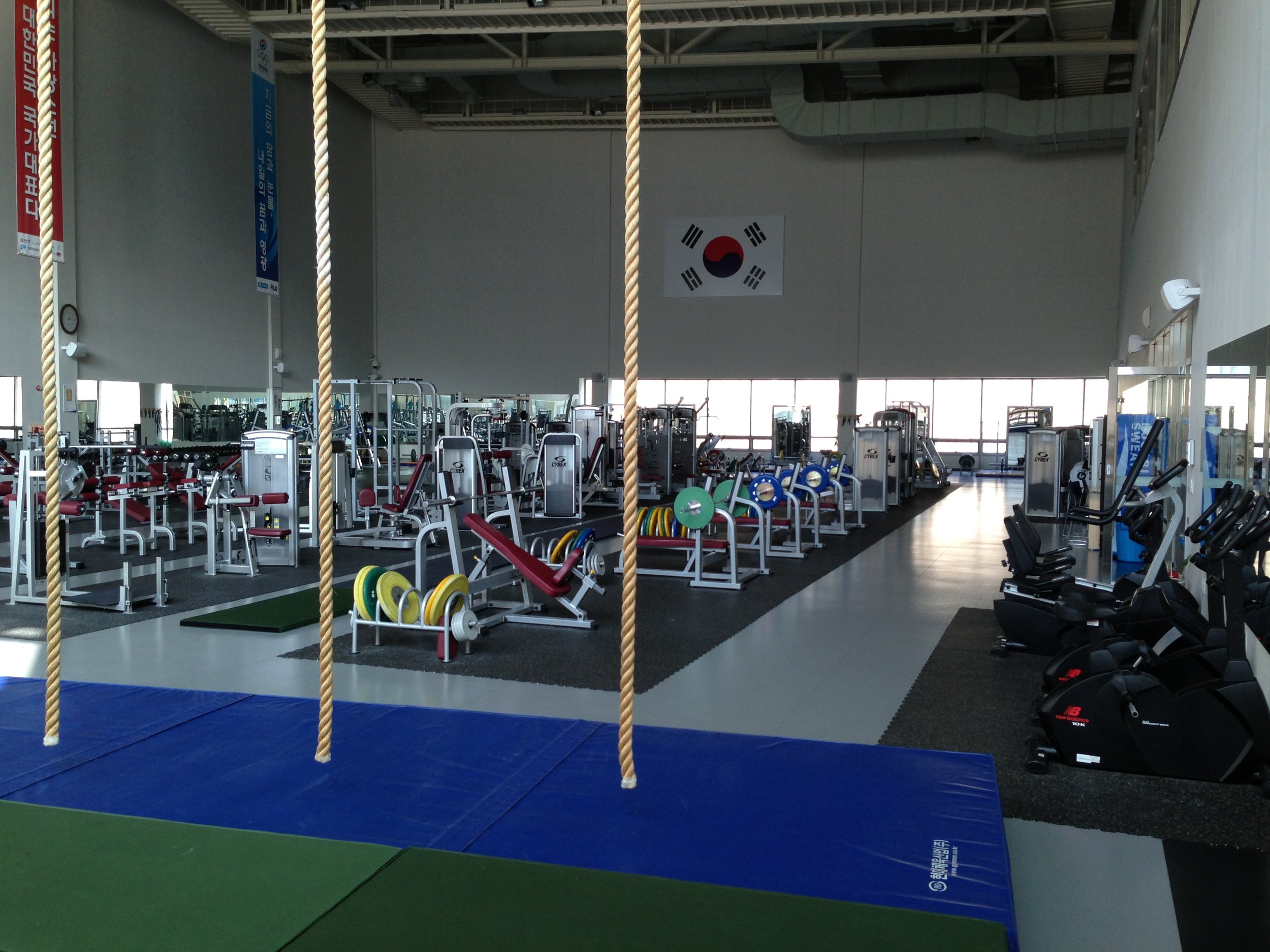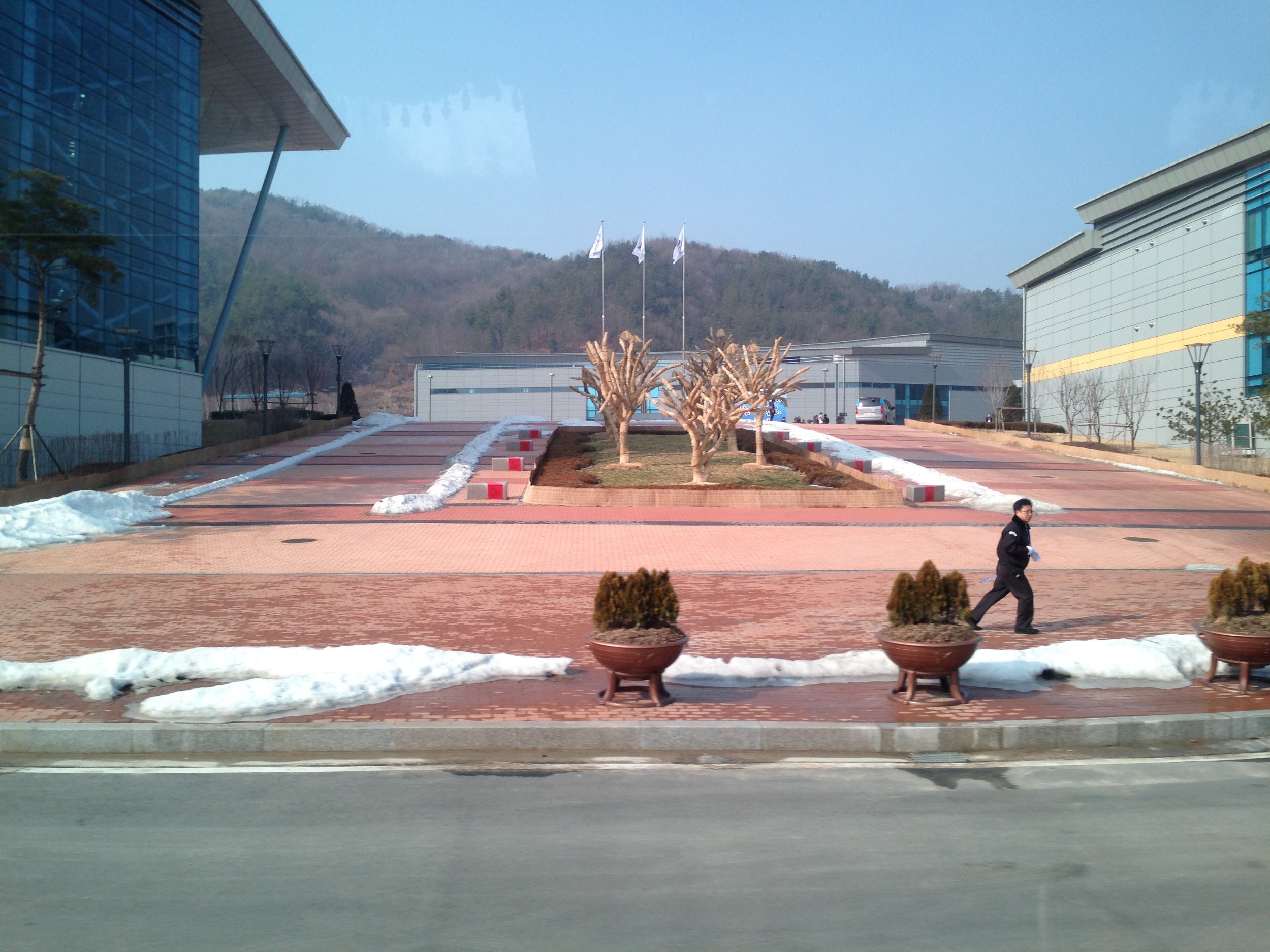All six International Olympic Committee presidential candidates have, to varying degrees, called on the organization to play a bigger role in the world. In a word, to be more -- relevant. Each has stressed the key Olympic values: friendship, excellence, respect.
Now comes Friday's episode in the San Francisco Bay Area, where a television station and the National Transportation Safety Board have had to apologize for their roles in the broadcast of fake, racially insensitive names of the pilots flying Asiana Flight 214. A third person died Friday in connection with crash and more than 180 were hurt when the Boeing 777 slammed last Saturday into a seawall and then skidded down the runway at San Francisco International Airport.
In a segment that aired at noon Friday, station KTVU identified the pilots as "Ho Lee Fuk," "Wi Tu Low," "Sum Ting Wong" and "Bang Ding Ow."
In a written explanation, the station later said it "never read the names out loud, phonetically sounding them out," and on air, KTVU anchor Frank Somerville added, "There's just no other way to say it -- we made a mistake … we offer our sincerest apology." The NTSB, meanwhile, said a summer intern confirmed the "names" to KTVU when a station reporter called with an inquiry; it added its apology as well.
Asiana has identified the pilot and co-pilot as Lee Kang Kook and Lee Jung Min.
What does this have to do with the Olympics?
The smart candidate would immediately see the opportunity for an Olympic-themed dialogue on advancing cultural understanding and tolerance -- and the right person to foster it is already one of the key members of the so-called Olympic family, Korean Air chairman Yang Ho Cho, who as it happens is one of the world's foremost experts in one of the hardest things to both define and put into practice, the notion of enterprise culture.
Among the six presidential candidates, for instance, Singapore's Ser Miang Ng has repeatedly called for inclusive dialogue while stressing the notion of being a "universal, unifying" leader as the IOC faces "new realities and opportunities." Another, C.K. Wu of Chinese Taipei, the president of the international boxing federation, has highlighted the value of education in schools worldwide to showcase the Olympic values. Ukraine's Sergei Bubka, in his wide-ranging 28-page manifesto, says the time is now for the IOC to take the "lead role" in ensuring the movement becomes "even more relevant."
Almost without exception, reports last week about the crash of Asiana 214 -- apparently aiming to build in background -- sought to frame the crash as a wider indictment of South Korean aviation. Time and again, there were references to fatal crashes in the 1980s and to the crash of Korean Air flight 801 in Guam in 1997, which killed 228 passengers and crew.
As readers of Malcolm Gladwell's 2008 best-selling book "Outliers" know well, Cho effected a massive cultural change at Korean Air after the Guam crash. Junior pilots were encouraged to speak up to their seniors, to whom they previously might have shown considerable deference, even if the senior pilot might well be on course for disaster. All pilots had to learn to speak English, the language of the global control tower, better.
Cho tends to run on the quiet side. Even so, he is a first-rate thought leader.
For many years now, Korean Air's record has been spotless. Of course, every day is a new day. An accident can happen at any time.
Even so, again and for emphasis, Korean Air's record has not been accident-free, it has been an industry leader.
In 2006, for instance, as the Wall Street Journal noted recently, the International Air Transport Assn., a trade group for the world's major airlines, certified that Korean Air had achieved the "highest standards and best practices for safety."
At the same time, Korean Air has also become a major player in other areas of interest. The company recently announced plans to construct a 73-story, $1-billion tower in downtown Los Angeles, for example, that would be the tallest building west of the Mississippi River and, as the LA Times noted, a "symbol of South Korea's status as an up-and-coming economic powerhouse."
Just blocks from Staples Center, the home of the Los Angeles Lakers, Clippers and Kings, the building would further enhance the ongoing re-development of downtown LA. At 1,100 feet, the tower would be one of the tallest in the United States -- taller even than the Chrysler Building in New York.
Two years ago, Cho led Pyeongchang's bid for the 2018 Winter Games.
The 2018 bid followed narrow Korean losses for 2014 and 2010.
With Cho directing, the 2018 bid fashioned a hugely winning culture.
Of course, he did not do it alone. The prior bids were ever-so-close, led by the-then provincial governor, J.S. Kim. The Korean Olympic Committee's leadership, with Y.S. Park, proved considerable as well.
Backstage, perhaps, there might have been, well, let's say "discussions" among the various bid factions, which included the various levels of government, corporate supporters including Samsung and the KOC. When it came to showtime, however, Cho understood that there had to be one person indisputably in front, that everyone had to be all smiles, that there had to be way more women involved and that everyone had to speak English, a radical change from the 2014 and 2010 bids.
Behind probably the best Olympic bid tagline ever, "new horizons," Pyeongchang rolled to a massive victory over Munich and Annecy, with a whopping 63 votes, the highest total ever recorded for a first-round win.
Last week at the extraordinary session in Lausanne, Switzerland, the IOC reached out for nine new members. Only one was Asian, Mikaela Maria Antonia Cojuangco-Jaworski of the Philippines.
The new president -- whoever he is -- could do the institution a lot of good by looking anew at Cho's credentials.
In the meantime, in the aftermath of Pyeongchang's victory, they launched an initiative in Seoul called the International Sport Cooperation conference. Recent attendees have included Ng; Wu; Rio 2016 coordination commission chairwoman and the IOC member from Morocco, Nawal el-Moutawakel; and Wilfried Lemke, the United Nations' special advisor on sport for development and peace.
The ISC series is designed to be relevant and hugely topical. Here's a suggestion for the next conference: the importance in the real world of friendship, excellence, respect, tolerance, diversity and enterprise culture and the IOC's lead role in moving all of that forward.
--
[Disclaimer: Korean Air advertises on this website. I have had no contact with anyone from the company in writing this column.]




